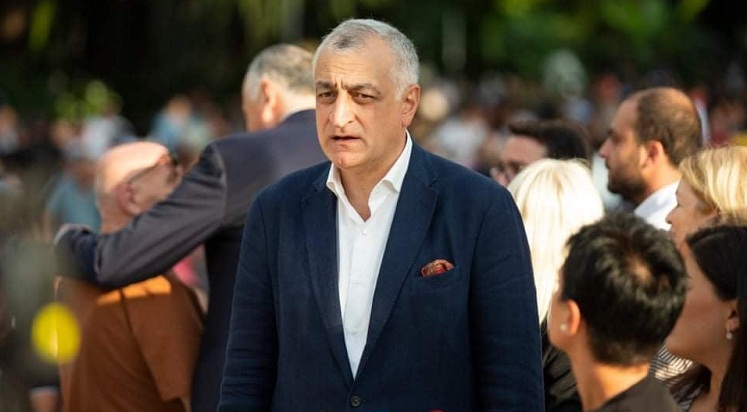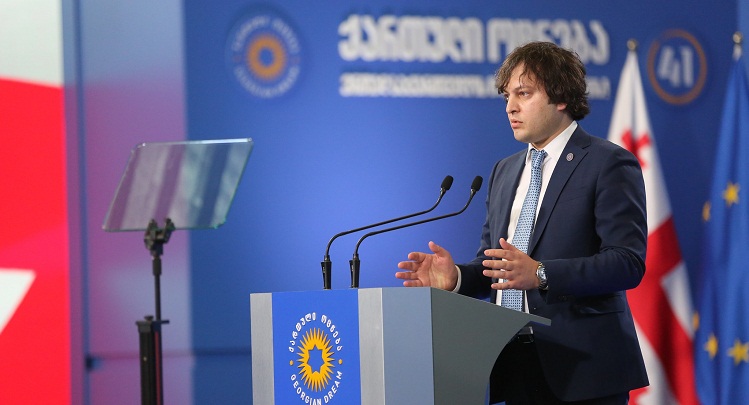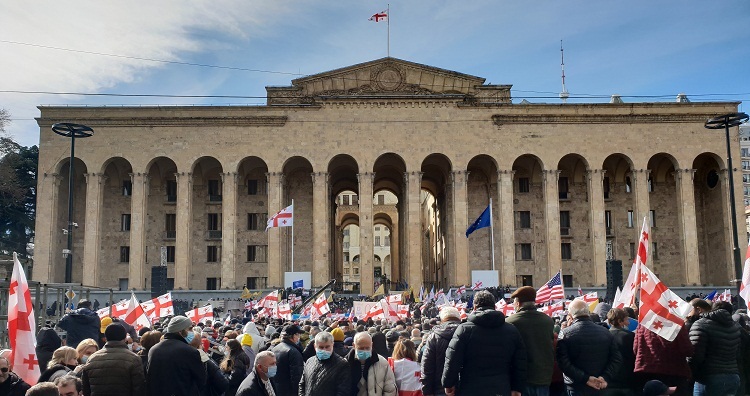Election code bill introduced, ruling party to accept lower threshold if opposition enters parliament
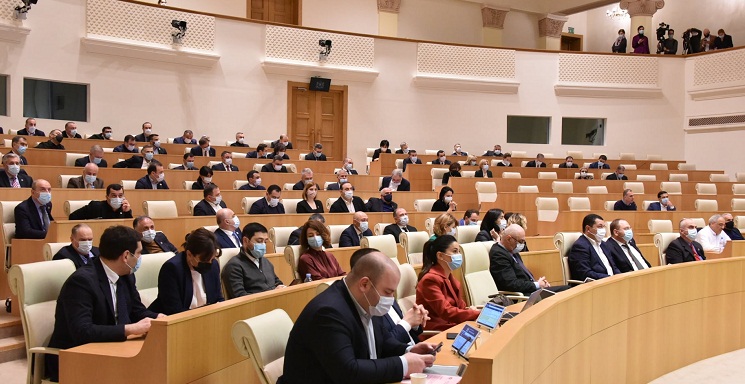
The bill on the changes to the Georgian election code will be sent to the Venice Commission and ODIHR for examination. Photo: parliament of Georgia press office.
Changes to the Georgian election code, per an agreement with the ruling Georgian Dream and Citizens opposition party have been introduced to the state legislature.
Ruling Georgian Dream party MPs say that they will accept the decrease of the five-percent election threshold to three per cent if the opposition enters parliament because the constitutional change requires the support of at least 113 MPs in the 150-member parliament.
51 of 60 opposition MPs who have won seats in parliament say that the October 31, 2020 parliamentary elections in Georgia were fabricated and they have refused to take up their mandates.
Only six of 60 opposition MPs, four former members of the Alliance of Patriots and two from Citizens party, have entered the parliament so far.
Aleko Elisashvili and Levan Ioseliani from the Citizens party said that the agreement with the ruling party on the changes to the election code pushed them to take up their mandates.
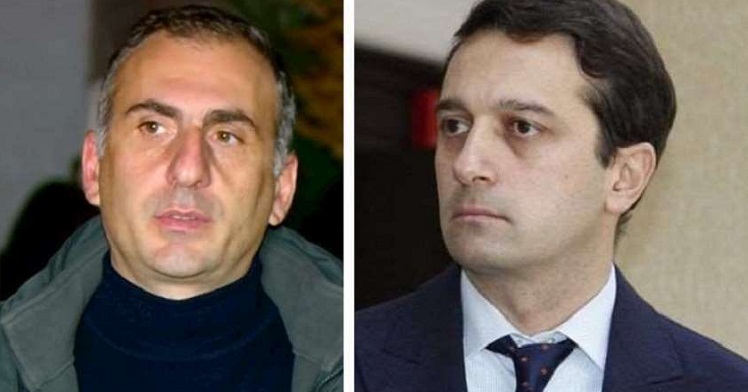 MPs from Citizens party Aleko Elisashvili (L) and Levan Ioseliani have stated that they 'have fulfilled' their promise on the change to the election code. Photo: Imedi TV.
MPs from Citizens party Aleko Elisashvili (L) and Levan Ioseliani have stated that they 'have fulfilled' their promise on the change to the election code. Photo: Imedi TV.
The bill which has been introduced by a working group (composed of ruling party and opposition MPs) after consultations with local NGOs and international partners, is as follows:
- The number of members elected according to the proportional (party-list based) electoral model in the city assemblies will increase. In Tbilisi, Rustavi, Kutaisi, Poti and Batumi city assemblies there must be four members elected based on the proportional electoral system for one majoritarian member, while in other municipalities there must be two members elected per the proportional electoral system for one majoritarian member.
- The central and precinct election administrations will be composed of eight professional members and nine representatives from parties. Each party must have one representative in the administrations.
- Electronic registration of voters and electronic counting of votes will be introduced.
- The district election commissions will not be able to make corrected results documentation after the sealing of the results documentation.
- The district election commissions will not be able to make corrected results documentations without the recount of votes.
- Random recount of 10 per cent of polling stations will be introduced, no matter if there are complaints or not.
- The terms for submitting complaints and their discussions will be extended.
- Online submission of complaints will be introduced.
- It will be able to appeal the refusal of the Central Election Commission to make a violation report to the court.
- Assemblies in 100 meters from polling stations will be banned.
- More public servants will be banned from participation in election campaigning.
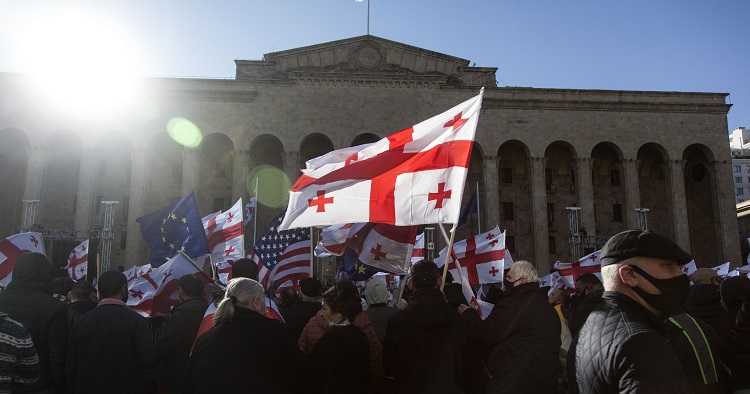 Seven opposition activists have been detained earlier today at the anti-government rally at parliament. Photo: Nino Alavidze/Agenda.ge.
Seven opposition activists have been detained earlier today at the anti-government rally at parliament. Photo: Nino Alavidze/Agenda.ge.
The bill will be sent to the Venice Commission of the Council of Europe and ODIHR for examination.
Six of eight opposition parties which have been demanding repeat parliamentary elections since November 2020, took to the street again last week following the arrest of the head of the United National Movement opposition party Nika Melia.
They are demanding the release of Melia, one of the co-founders of the opposition-minded TV channel Mtavari Arkhi Giorgi Rurua and repeat parliamentary elections.
The opposition parties requested mediation instead of facilitation from the EU yesterday, during the meeting with the president of the European Council Charles Michel, to come to an agreement with the ruling Georgian party amid the current political tension.
They said that they may accept the referendum instead of the repeat parliamentary elections.
 Tweet
Tweet  Share
Share


